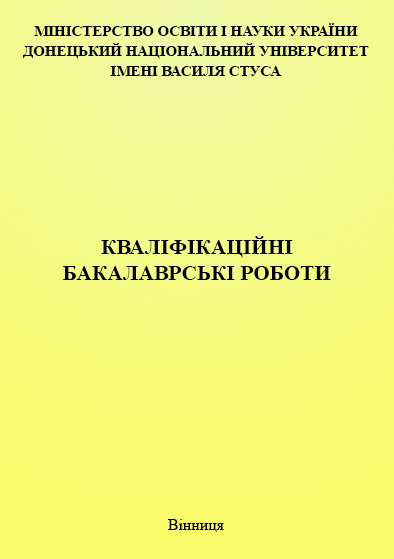Features of the use of different types of lie depending on the level of emotional intelligence
Keywords:
lie, emotional intelligence, communication, speak-strategiesAbstract
Lying is a common phenomenon in interpersonal communication, and its study is important for understanding social interaction and developing effective communication strategies. It is especially important to investigate the relationship between lying and emotional intelligence, as this can help to understand how people with different levels of EI use lies and what motives underlie their behavior. The aim of the study was to investigate the relationship between the level of emotional intelligence and the propensity for different types of lying. In particular, the study aimed to test the hypothesis that there is a direct relationship between the level of emotional intelligence and the types and means of lying that a person uses. The results of the study showed that most participants have a high level of emotional intelligence, but there are also individuals with medium and low levels. The most common types of lying were etiquette lying and self-presentation lying. Statistical analysis did not reveal a significant relationship between the level of emotional intelligence and the propensity for most types of lying, except for etiquette lying, where a moderate negative relationship was observed. Content analysis of language strategies revealed that objective reasons and blame-shifting are most often used as justifications for lying. The study partially confirmed the hypothesis about the relationship between emotional intelligence and types of lying. Individuals with higher levels of emotional intelligence were less prone to etiquette lying, which indicates the importance of developing emotional intelligence for the formation of ethical behavior. However, other types of lying did not show a significant relationship with the level of EI, which indicates the need to consider other factors, such as social environment and individual personality traits.

